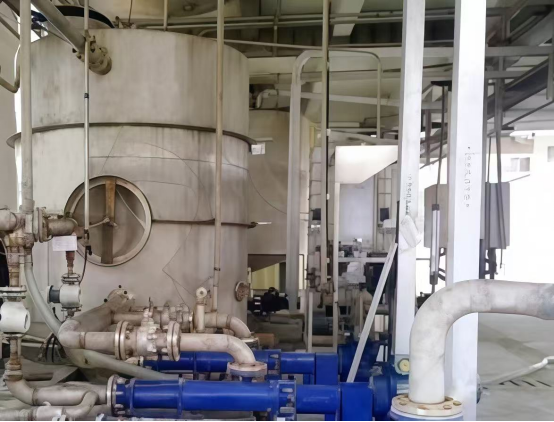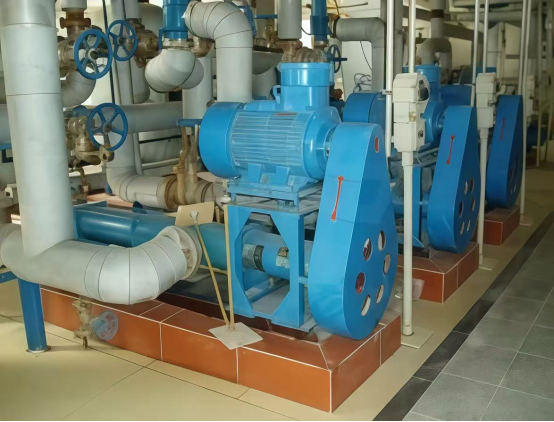Applications of Progressive Cavity Pumps in the Food Industry
Progressive cavity pumps (PC pumps) are essential in the food industry due to their ability to handle a wide variety of viscous, shear-sensitive, and abrasive materials. This article explores the specific applications of PC pumps in the food sector.
1. Liquid Food Transfer
PC pumps are widely used for the transfer of liquid foods such as sauces, dressings, and soups. Their gentle pumping action ensures that the food maintains its original texture and flavor. This is particularly important for products that are sensitive to shear, as excessive agitation can alter their quality.
2. Dough and Batter Handling
In bakeries, PC pumps are ideal for transporting dough and batter. Their ability to handle thick and viscous materials helps streamline production processes. By providing a consistent flow, these pumps enhance efficiency and reduce the risk of product damage during transportation.
3. Ingredient Injection
PC pumps are used to inject ingredients into food products during processing. For example, they can precisely add flavorings, colors, or preservatives into mixtures, ensuring uniform distribution. This precision is crucial for maintaining
product quality and consistency.
4. Waste Management
In food processing facilities, PC pumps play a vital role in managing waste and byproducts. They efficiently transfer waste materials to treatment systems, helping to maintain cleanliness and compliance with environmental regulations. Their robust design allows them to handle abrasive waste without significant wear.


Benefits of Using Progressive Cavity Pumps
Gentle Handling: PC pumps provide a gentle pumping action, preserving the integrity of food products.
Versatility: Suitable for a wide range of applications, from liquid transfer to ingredient injection and waste management.
Durability: Designed to withstand the demands of food processing environments, ensuring long service life and reliability.
Conclusion
Progressive cavity pumps are indispensable in the food industry, providing reliable and efficient solutions for various applications. Their gentle handling, versatility, and durability make them essential tools in modern food processing,
contributing to improved productivity and product quality.


